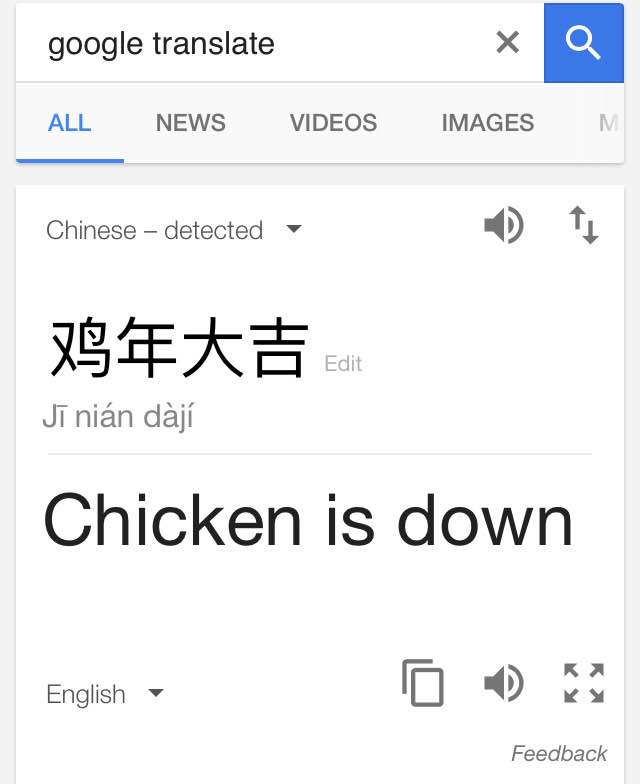Sima (long-term resident in China) from www.sinoglot.com writes:
I've been a regular Sina Weibo [VHM: PRC clone of Twitter] user for some time and enjoy default news updates on my phone. Each update usually has two stories and, of late, almost invariably, one is about the outing of a corrupt official (cash, apartments, mistresses) and the second is about the latest 'play' over those rocks in the sea near Taiwan.
My latest update says:
我海监船再入钓岛拒绝日本抗议
[VHM: wǒ hǎi jiān chuán zài rù Diàodǎo jùjué Rìběn kàngyì
literal rendering of each syllable or word: I / We sea surveillance ship(s) again enter Fishing Island reject Japan protest]
Whilst I'm used to expressions like 我国 [VHM: wǒguó {"my / our country"}], which I wilfully employ when talking about 'my England', much to some people's disgust, and 我校 [VHM: wǒxiào {"my / our school"}], which I actually write in articles and official documents relating to the school cricket team [VHM: in China] (which I may have bored you about at some time), I'm not accustomed to such flexible employment of 我.
Do you know whether this use of 我校, 我国, etc. has a long history (i.e., pre-1949, or pre-1919)? Can 我 be freely applied? Is there a name for this phenomenon?
It reminds me a little of Western attitudes to sports teams; 'we won the world cup', when obviously said cup was won by eleven or so over-paid men who kick balls for a living, and not (usually) by the speaker himself.
Read the rest of this entry »

 In "
In "